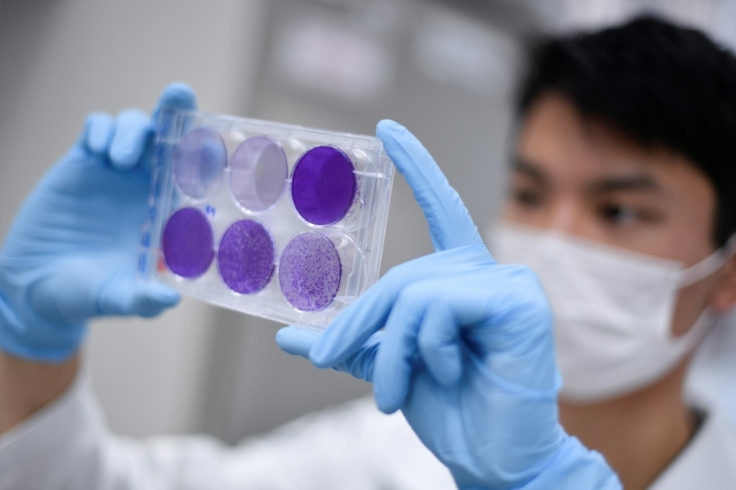COVID-19: Long-term health issues after recovery continue to puzzle researchers
Post-hospitalisation COVID-19 study (PHOSP-COVID) is a UK-wide collaboration between leading researchers.
Little by little, medical researchers are beginning to uncover more about the 2019 novel coronavirus. Until the vaccine or an effective drug becomes available, prevention remains the best way to control the spread of this highly contagious pathogen. Meanwhile, there are those who were hospitalised due to mild or severe symptoms and eventually discharged after tests confirm they were negative. However, scientists are still baffled by the long-term effects that continue to incapacitate people even after they have fully recovered.
Therefore, leading experts have been called in to find out what is causing these cycles of illnesses. The main complaints from patients include brain fog, chronic fatigue, and difficulty in breathing. "At the moment it is just so unknown. We're still very much at the point where we're learning what the after-effects are," explained co-investigator Dr. Rachael Evans. "It has become very apparent that the long-term effects can happen to people that were young and fit before and perhaps had a fairly mild acute illness... enough to bring them to hospital but maybe only a day or two."
One of the cases that were highlighted involved a 22-year-old patient who was considered physically fit prior to her being diagnosed with COVID-19. It has been six months since her recovery, but she still suffers from irregular heart rate, fever, nausea, and chronic fatigue. Upon checking her medical history, there were reportedly no pre-existing conditions.
The respiratory consultant pointed out that most pneumonia cases can take up to three months to make a full recovery. On the other hand, patients who tested positive for SARS-CoV-2 continue to experience various symptoms for much longer. In her 23 years with the National Health Service (NHS) there has been no recorded precedent in respiratory medicine, reports the Evening Standard.
As such, the post-hospitalisation COVID-19 study (PHOSP-COVID) is a UK-wide collaboration between leading researchers. It is an effort to better understand and provide care for people with long-term effects of the disease.

The study hopes to recruit 10,000 COVID-19 patients who have recovered and monitor them for a year or longer. Funding will be provided by the UK Research and Innovation group along with the National Institute for Health Research. The ultimate goal is to discover treatments and learn how to prevent various long-term effects.
© Copyright IBTimes 2025. All rights reserved.





















